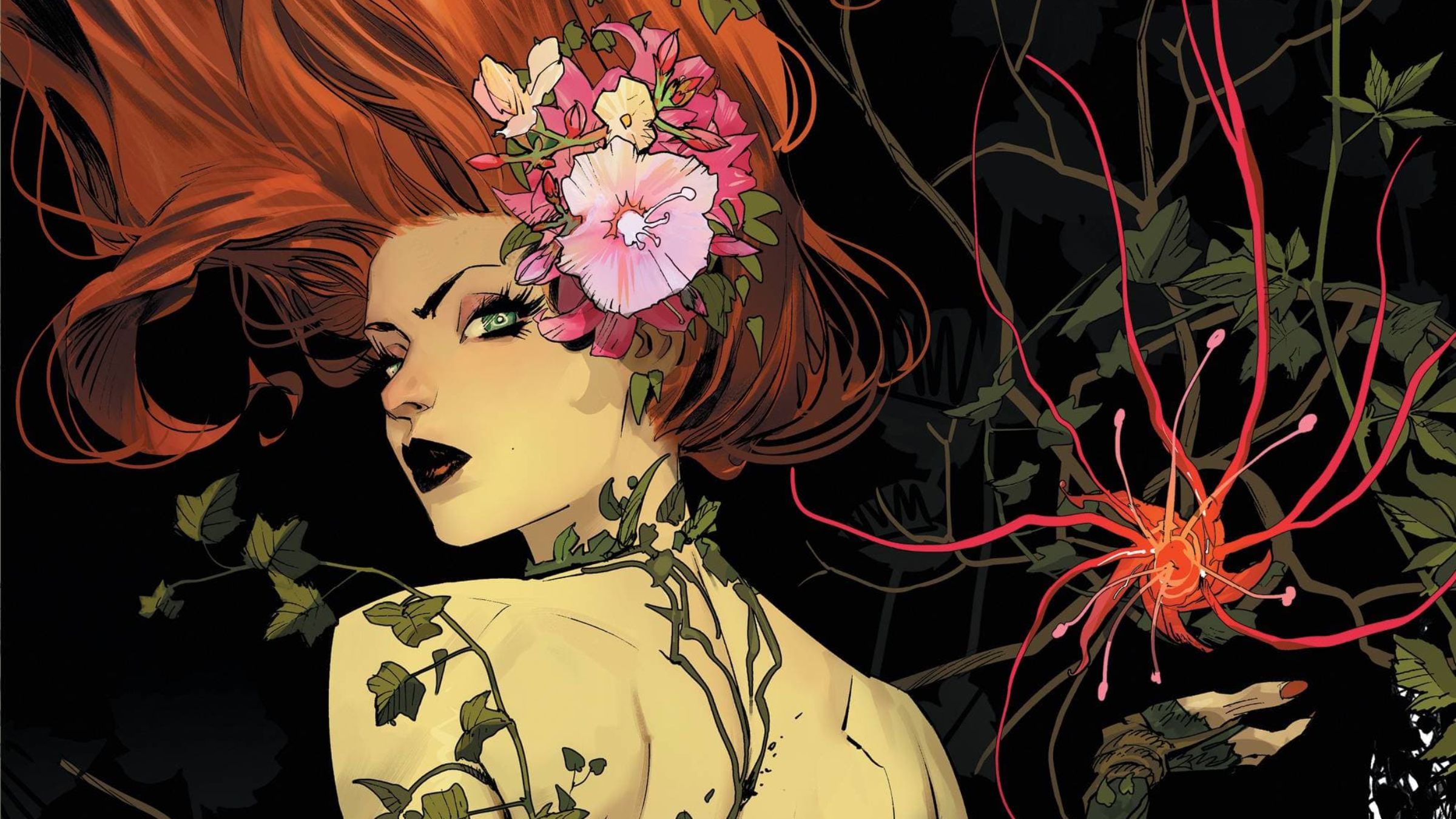
Dr. Pamela Isley, commonly recognized as Poison Ivy from DC Comics, is a well-known character even among those who haven’t delved into her comic book stories. Typically portrayed as an eco-terrorist, Poison Ivy has consistently prioritized the preservation of plants over all else. However, it might surprise readers to learn that she shares more similarities with Marvel’s Magneto than they may think. Both characters are intensely committed to safeguarding their respective communities (plants in Poison Ivy’s case), and they can be seen as morally ambiguous at best. Furthermore, they have both resorted to extreme measures to express their convictions.
From a devoted fan’s perspective, I must say that Poison Ivy initially found her footing within Batman’s formidable rogues gallery. In simpler terms, she was once a quintessential antagonist of Gotham City. However, over the years, her narrative has evolved significantly. At one point, portraying her as an eco-terrorist seemed straightforward enough.
Nowadays, DC Comics seems to push Ivy towards more radical roles to make her appear less empathetic, a topic we’ve previously delved into. To put it in perspective, Poison Ivy can be considered a “villain” in the sense that she frequently challenges the established order, often confronting individuals involved in some form of unjust practices. Does this ring a bell? It certainly should, as her actions mirror those who strive for change and justice.
They Have a Point

One notable similarity between Magneto and Poison Ivy is that they both express strong, legitimate viewpoints. While it’s true that they can be extreme in their methods, their concerns should not be dismissed outright. Magneto consistently advocates for the protection of mutants, acknowledging his anxiety about what might happen to them in the future given past treatment by humans. Considering the way mutants have been historically treated, it’s understandable that he is concerned about both their present and future.
Currently, Poison Ivy is advocating passionately for Earth and its wildlife, essentially giving a voice to those who cannot speak for themselves. Her concerns lie in issues like climate change, maintaining ecological equilibrium, and preserving plant life. She’s been persistent in combating human greed, harmful environmental practices, and the devastation of nature. While her methods might appear extreme, her cause seems less radical when viewed from a broader perspective. It’s important to note that Poison Ivy is known for going beyond what most people would consider in terms of fighting for these causes.
Blending the Lines Between Movements and Crime

Let’s delve into how Poison Ivy and Magneto have assumed leadership roles in their respective movements. Over time, Magneto has proven himself to be a leader in various capacities: The Brotherhood, Genosha, Krakoa, and currently the X-Men. In essence, he translates his ideas into actions, inspiring those who share his vision to work towards his objectives. It’s important to acknowledge that these movements and organizations have committed questionable acts; no one is attempting to paint a rosy picture of the Brotherhood of Evil Mutants as a benevolent force in the world. Even during Magneto’s tenure leading Krakoa-era mutants, he often overstepped boundaries, engaging in actions that many mutants would find objectionable, even if they were supposedly for their own good.
Poison Ivy, as previously mentioned, serves as the voice for plants and nature. She not only voices her opinions but also champions The Green, which has led her to initiate numerous environmental activist groups. In simpler terms, you could say she attracts individuals with similar ecological beliefs. Her bond with plants and The Green symbolizes what she stands for in this world.
Past, Present, and Future

As a movie buff, let me share my thoughts on two captivating characters who’ve faced harrowing pasts: Poison Ivy and Magneto. While their origins differ dramatically, they both stem from trauma that’s shaped their worldviews significantly.
Magneto, a Holocaust survivor, carries the weight of history in his heart. His personal tale is deeply intertwined with the horrors of the Holocaust, shaping him into a figure who finds it challenging to trust humanity as a whole.
On the other hand, Poison Ivy’s backstory often revolves around corporate or scientific exploitation. This formative trauma has led her down a path where she distrusts humanity and seeks to protect nature from human greed.
Both characters have been dealt a heavy hand by society, which has fueled their cynicism and driven them to become figures of rebellion in their respective universes.
This organization distinguishes them from others. They serve as antagonists in their grand cosmos. For Magneto, his function frequently involves challenging Professor X’s idealism and pacifism. In contrast, Poison Ivy is known for pointing out how careless superheroes (like Batman, Justice League, etc.) can be when ignoring industrial or corporate threats.
Over time, characters like Poison Ivy and Magneto have undergone significant development and transformation. Initially portrayed as antagonists, their backgrounds and reasons for acting have become more intricate and multidimensional. Although their main objectives remain consistent, their stories have grown increasingly complex and layered. They no longer fit neatly into a single category; they’re heroes, villains, anti-heroes, and advocates all in one package.
https://comicbook.com/comics/news/10-eco-horror-graphic-novels-swamp-thing-poison-ivy/embed/#
Read More
- How to Get the Bloodfeather Set in Enshrouded
- The Pitt Season 2, Episode 7 Recap: Abbot’s Return To PTMC Shakes Things Up
- 4 TV Shows To Watch While You Wait for Wednesday Season 3
- Every Targaryen Death in Game of Thrones, House of the Dragon & AKOTSK, Ranked
- Where Winds Meet: How To Defeat Shadow Puppeteer (Boss Guide)
- Goat 2 Release Date Estimate, News & Updates
- Felicia Day reveals The Guild movie update, as musical version lands in London
- One of the Best EA Games Ever Is Now Less Than $2 for a Limited Time
- 10 Movies That Were Secretly Sequels
- Best Thanos Comics (September 2025)
2025-07-28 23:11